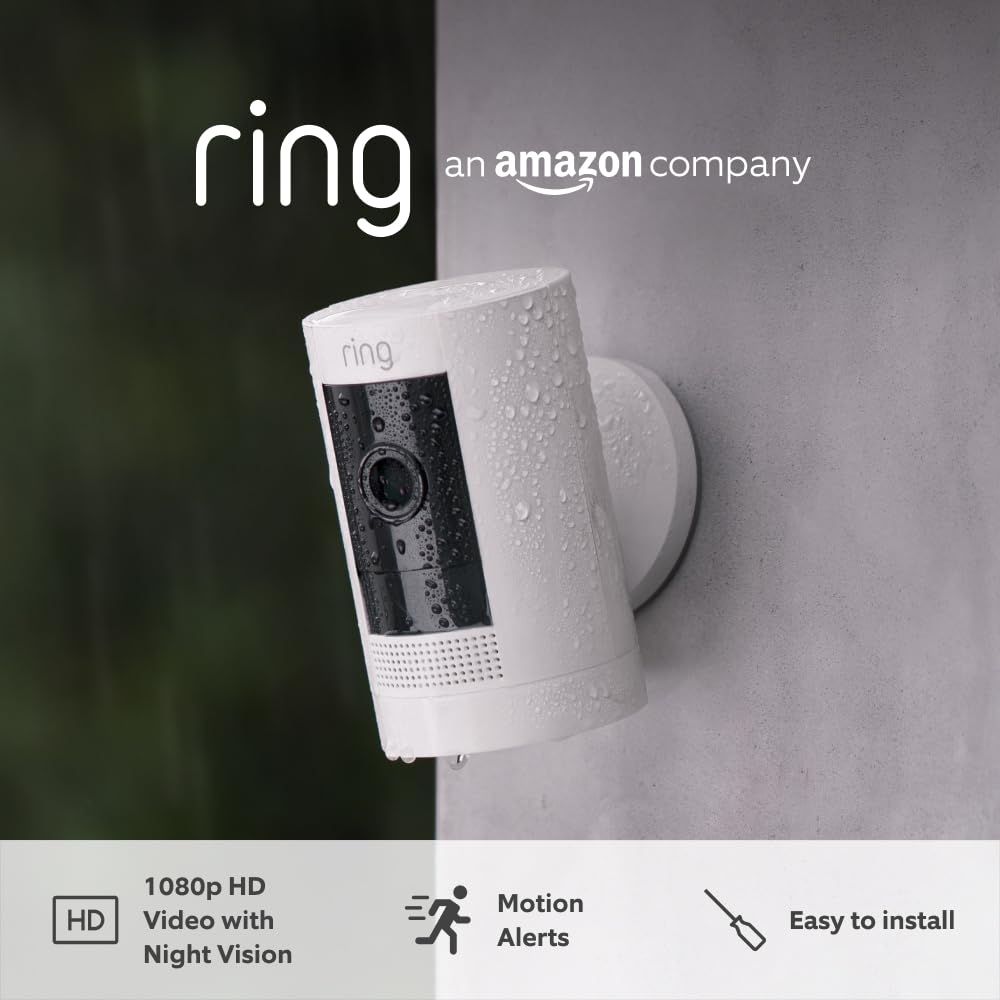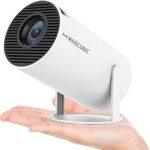Real estate software has changed the game for agents, investors, brokers, and property managers. There are a ton of software tools out there that help you do everything from tracking leads and listing new properties, to managing tenant relationships and automating your entire marketing process. With so many choices, it can feel almost impossible to pick the best tool for your business. I’ve been testing, comparing, and reviewing real estate software for years, and I’m here to share what I know can actually make your real estate business run more smoothly.

Types of Real Estate Software Worth Checking Out
Finding the right tool depends on what part of real estate you’re focused on. Here’s a look at the main categories of real estate software I review and how they can help:
- CRM Systems: These help organize client contacts, track interactions, and stay on top of follow-ups. A strong CRM can turn chaos into a super manageable workflow, so you never miss a deal.
- Lead Management Platforms: Manage new leads, nurture prospects, and automate reminders for sales calls. These tools make lead follow-up less stressful, helping you close more deals with less manual work.
- Property Management Software: Landlords and property managers use these to handle rent collection, track maintenance, and communicate with tenants. It’s also a total time saver during tax season.
- Marketing & Automation Tools: Email campaigns, property websites, social media scheduling, and even SMS notifications are all made easier with these. They give your reach a boost and help keep your brand top of mind.
- Virtual Tour & 3D Viewing Tools: From simple virtual walkthroughs to full 3D immersive tours, these let buyers tour homes from anywhere. Clients appreciate being able to see more before scheduling a visit.
- Transaction Management Platforms: These cover everything from e-signatures to document storage and compliance. Keeping deals moving forward without a mountain of paperwork is a huge relief.
Additional specialty software includes financial analysis tools for investors who want to run rental income scenarios, as well as customer-facing portals that let your clients track the buying or renting process. If you manage several properties, software that lets tenants submit maintenance requests online can make you look professional and save hours going back and forth by phone.
How I Review Real Estate Software
It feels like there’s a new piece of real estate software dropping every week. That’s why I break down each tool I review into a few key parts to make comparing them a lot simpler:
- Features & Functionality: What does the tool actually do and how well does it work for daily real estate tasks?
- Ease of Use: Does it have a straightforward layout, or does it take you forever just to add a new listing?
- Customer Support: Whether it’s live chat or a solid help center, fast support really makes a difference.
- Integrations: I check if the software can be integrated with QuickBooks, Google workspace, and more.
- Pricing & Value: What’s the cost, and do you get enough value in return? Free plans and flexible upgrades are a plus.
- Best Fit Users: Is this tool better for solo agents, big teams, property managers, or investors?
My goal is practical, honest info, with clear pros and cons, real screenshots, and what kind of support you’ll get from each company. For example, some platforms offer onboarding specialists who will walk you through setting things up, while others just have video guides. Since there are so many software choices, I regularly update my reviews to make sure they reflect real-world use and recent updates.
Choosing the Right Tool: Factors to Consider
Picking real estate software can be tricky. I always recommend breaking it down into a few questions:
- How tech savvy are you (and your team)? If a tool is packed with features but takes too long to learn, it’ll just gather digital dust.
- What are your biggest pain points? If you need to organize leads, start with a CRM. If maintenance requests keep slipping through the cracks, look for property management software with good maintenance tracking.
- Do you need mobile access? Working on the go? Make sure there’s a strong smartphone app.
- Does it integrate with your favorite tools? Connecting with your preferred calendar, marketing software, or document storage can save a ton of headaches.
- Are there contract requirements? Some tools offer flexible month to month options, but a few try to lock you into long-term contracts.
- Scalability: Will the software work for you as your business grows? Some tools make it easy to add users or switch into a bigger plan, while others cap features unless you upgrade.
Most Popular Software Categories Reviewed
Here are the main software categories I cover, with a few top picks in each:
- Best Real Estate CRM: Salesforce, HubSpot, Wise Agent, and Follow Up Boss stay popular for agents who want serious tracking and automation. If you’re just starting out, options like LionDesk or RealtyJuggler are pretty affordable and easy to use.
- Top Lead Generation Platforms: BoomTown, CINC, and Market Leader make automating lead capture and follow-ups easier. Even Zillow Premier Agent and Realtor.com tools can work for pulling in fresh prospects.
- Solid Property Management Software: Buildium, AppFolio, Yardi Breeze, and Rentec Direct are favorites among landlords and multifamily managers. Look for features like online payments, maintenance scheduling, and reporting tools.
- Best Marketing Tools: Canva (for design), Mailchimp (for email), and PhotoUp (for editing listing photos) all come up often. SocialPilot makes it quick to plan posts and reach more potential buyers online.
- Cool Tools for Virtual Tours: Matterport and Ricoh Tours both offer ways to build 3D tours on a budget. These are super popular now with buyers who want to narrow choices before seeing homes in person.
- Streamlined Transaction Management: DocuSign, Dotloop, and SkySlope are big in e-signature and transaction compliance. They help you get contracts signed faster and keep paperwork organized.
Other software favorites include RentPrep (for tenant screening), Calendly (for scheduling showings), and RPR Mobile (for easy MLS data access on your phone). If you’re serious about managing investments, Stessa lets you keep all your rental finances in one spot with automated expense tracking. Having the right mix of tools will depend on what aspect of real estate takes up most of your day.
Tips for Getting the Most out of Your Real Estate Software
- Start with the free trial: Almost every platform offers a test run. Try before you commit to anything long term.
- Check training resources: Good companies share videos, webinars, and articles. These help you make full use of the tool.
- Automate repetitive tasks: Set up automated emails, follow-ups, and reminders to save you hours each week.
- Keep your data organized: Consistently update lead info, property data, and documents. It keeps your system running smoothly.
- Revisit your needs: As your business grows, the tools you need may change. Don’t be afraid to mix it up.
- Take advantage of integrations: Connecting your CRM to your marketing or accounting software can help eliminate double entry and make sure information is up to date everywhere.
- Seek out community forums: Software companies with active online communities offer extra support and creative ideas for putting the platform to work in real-life situations.
Common Questions About Real Estate Software
Question: Can real estate software really save me time?
Answer: The right tool will save you hours on organizing, follow-up, and paperwork. Many agents say they spend 50% less time tracking leads or managing listings once they set up good software.
Question: How much does real estate software usually cost?
Answer: It ranges from about $25 per month for simple CRMs or property management tools, up to a few hundred per month for advanced, team-scale platforms with full automation features.
Question: Is my data safe in these platforms?
Answer: Most reputable companies use strong encryption and back everything up securely. Look for tools with SOC 2 compliance or similar data security certifications. Always read their privacy policy. If security is a big concern, reach out to the vendor and ask exactly how your information is protected.
Question: Do I need different tools for sales and property management?
Answer: Usually yes. A CRM for sales and marketing works differently than property management software, but some platforms combine both if you handle both parts of the business. You can sometimes track deals and leases together, but you’ll want to make sure each workflow is supported.
Getting Started on Your Search
The best way to find the right real estate software is by testing a few top options and reading user reviews. I put together super detailed comparisons, screenshots, and notes on who each tool fits best. You can browse by software type, check out feature lists, and follow the links to start demos or free trials.
Investing in real estate software speeds up your business, helps you close more deals, and keeps your process organized. Try out a few tools, and you’ll quickly see which one makes your workflow easier. If you’re looking for more details, I continue to update in-depth reviews and comparison guides on the best tools for various real estate needs.
Some review links are affiliate links, which means I may earn a small commission, at zero cost to you. This supports the time I put in to test and provide real, unbiased opinions you can rely on.










